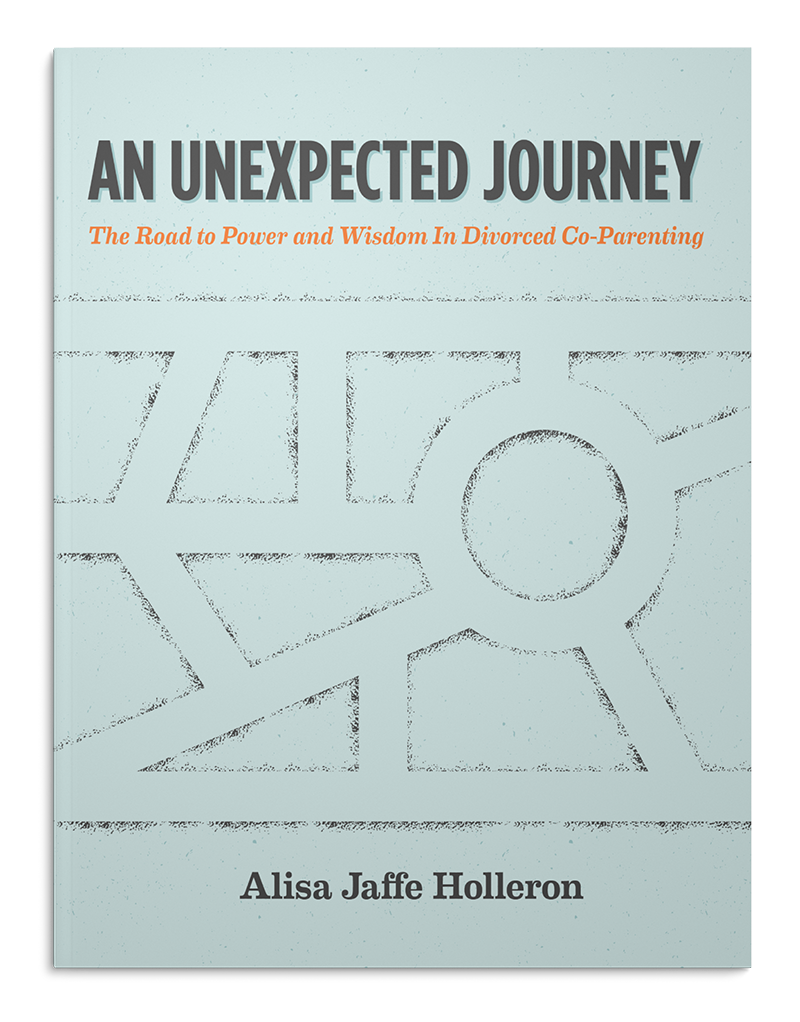We refer to homes in which the parents are divorced as “broken” homes and we refer to homes in which parents remain married as “intact” homes. What do these descriptors say about what we believe to be true about these two different types of families?
Language is powerful; it greatly affects our belief systems. Descriptive language (like broken or intact) tells us a lot about what a person or a whole culture thinks about or feels about something or someone. When a child hears over and over again that they are from a “broken” home, how does that affect how the child feels about themselves, how they see their place in the world and what they believe is possible?
Think about it. The definition of “broken” is: “having been fractured or damaged and no longer in one piece or in working order” and “having given up all hope; despairing.” Wow.
The definition of “intact” is “not damaged or impaired in any way; complete.” Wow, again. As a therapist who has worked extensively with “intact” families, I can tell you that by that definition, not all “intact” families are intact!
I have no interest in demeaning “intact” families, or comparing. I just want to say that it is hard to be in any family. Family life is challenging in many ways for any family. We have many stresses, many worries. We are all trying to do the best we can. Using language that implies a judgment about whether a family is a good kind of a family, or a bad kind of a family, only puts more stress on the family and adds to any challenge it faces.
Children from divorced families are getting the message that their family is fractured and damaged and no longer in one piece or working order. They may be getting the message that there they don’t have much reason to be hopeful.
To compound the issue of language itself, it is a culturally accepted truth, based on research, that children from “broken” homes do worse than children from “intact” homes. We are setting up a belief system that is telling children that they are on course to fail. I have so much trouble with that. Statistics are just statistics, and have nothing to do with how one individual will fare. Why would we send a message to a child that they have less likelihood of faring well. How in the heck can that be helpful?
Belief systems are powerful. Language is powerful. It affects outcomes. It is not nothing. It is a big fat something. It tells children a story about who they are, and what their likelihood of success is.
How can we change this narrative? And who can change this narrative? It is up to all of us: professionals who work with families, and co-parents themselves. It will take co-parents and professionals making a stand, insisting that families are families, and that all families deserve to be seen in a light that will be most advantageous to children.
Can’t we just refer to all families as, well, “families”? And if there is some reason to refer to the fact that the child’s parents do not live together, can’t we just say that? Do we have to give the family itself at name? Instead of: “she’s from a broken home” can we say “she divides her time between her mom and her dad” or “her moms live in different homes.” Do you see how much better that feels?
All children deserve to feel good about their families. The better they feel about their families, the better they will feel about themselves. Let’s be conscious of our language, and give every child a fair shake.




